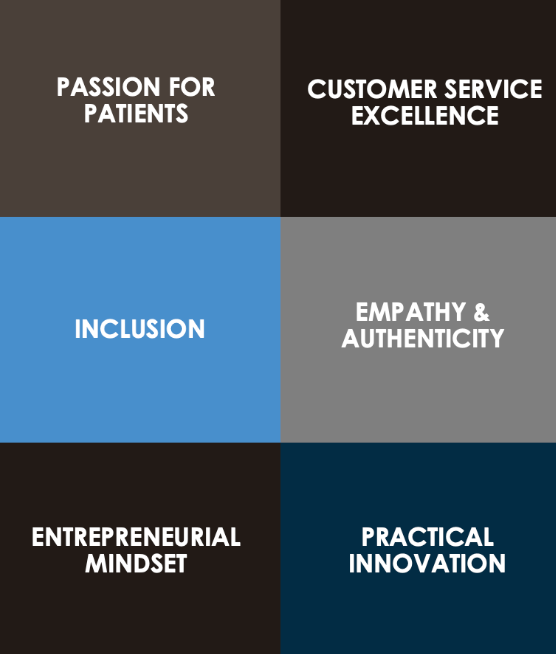In the ever-evolving landscape of digital interactions, fostering empathy and applying the “human touch” to digital communication plays the foundational role in shaping positive user experiences. Nowhere is this more crucial than in the healthcare space, where patients grappling with illness deserve more than clinical expertise: they need compassion and empathy. No matter the platform, the empathic touch is particularly vital for patients in their moments of vulnerability.
Understanding the Patient Experience
To build a strong foundation of empathy in digital healthcare, listen to patients themselves. Thorough user research that drills into the heart of the patient journey—from symptoms to diagnosis to treatment—allows designers and developers to gain insights into the unique needs, preferences, and challenges faced by individuals dealing with illness. Research shouldn’t be limited to qualitative facts, though. To get the full picture, it’s important to understand the patient’s emotional journey and how their illness has impacted their lives and how they’ve adapted their routine, lifestyle, and expectations. Taken together, all this information can be used to create detailed user personas that help humanize the patient experience, ensuring that digital platforms are tailored to address specific concerns and provide support beyond clinical care.
User-Centered Design in Healthcare
Understanding what patients need is just the first step. To ensure digital communications have the intended impact of supporting patients, healthcare content designers and developers need to apply user-centered design principles to their work. Placing the patient at the center of the design process ensures that digital interfaces are functional, intuitive, and supportive. Testing these interfaces with real patients allows for real-time input and valuable feedback that are critical for continuous improvement and refinement. This empathic design approach helps in creating healthcare platforms that patients can navigate with ease, reducing stress and fostering a sense of control during challenging times.
The Power of Compelling Storytelling
A good user-centered design built with an understanding of the patient experience goes a long way towards enhancing empathy, but one more key ingredient is needed: a unifying story that patients find relatable. In healthcare, where emotions run high and personal narratives often take center stage, compelling storytelling becomes a powerful tool for building empathy. Integrating real-life stories, case studies, and testimonials into digital content not only educates patients but also helps them connect emotionally with the platform. Sharing the experiences of others who have faced similar health challenges creates a sense of community and reassures patients that they are not alone in their journey.
Ensuring Accessibility for All
In the pursuit of empathy, it is essential to ensure that digital healthcare platforms are accessible to users with diverse abilities. This includes considering the needs of individuals with visual, auditory, or motor impairments. Implementing features such as text-to-speech, closed captioning, and easy navigation for those with motor challenges demonstrates a commitment to inclusivity, ensuring that all patients can access and benefit from digital healthcare resources.
Feedback Loops and Continuous Improvement
Empathy in digital healthcare is not a one-time effort but an ongoing commitment. Implementing feedback mechanisms at the beginning of the process and checking in periodically encourages patients to share their thoughts and concerns, creating a two-way dialogue between healthcare providers and users. Actively listening to patient feedback and implementing changes based on their suggestions not only improves the user experience but also communicates a sincere dedication to meeting patient needs.
In the digital era, where healthcare extends beyond the clinic into the virtual realm, infusing empathy into digital platforms is not just a choice but a moral imperative. Patients grappling with illness deserve more than clinical expertise; they deserve a compassionate and understanding digital experience that supports them holistically. By embracing user-centered design, compelling storytelling, empathetic language, and personalized approaches, digital healthcare providers can create platforms that truly resonate with patients, enhancing their well-being and fostering a sense of connection and empowerment. In the healthcare space, where the human experience is at its most vulnerable, digital empathy becomes a beacon of light, guiding patients through their journey with care, understanding, and unwavering support.













